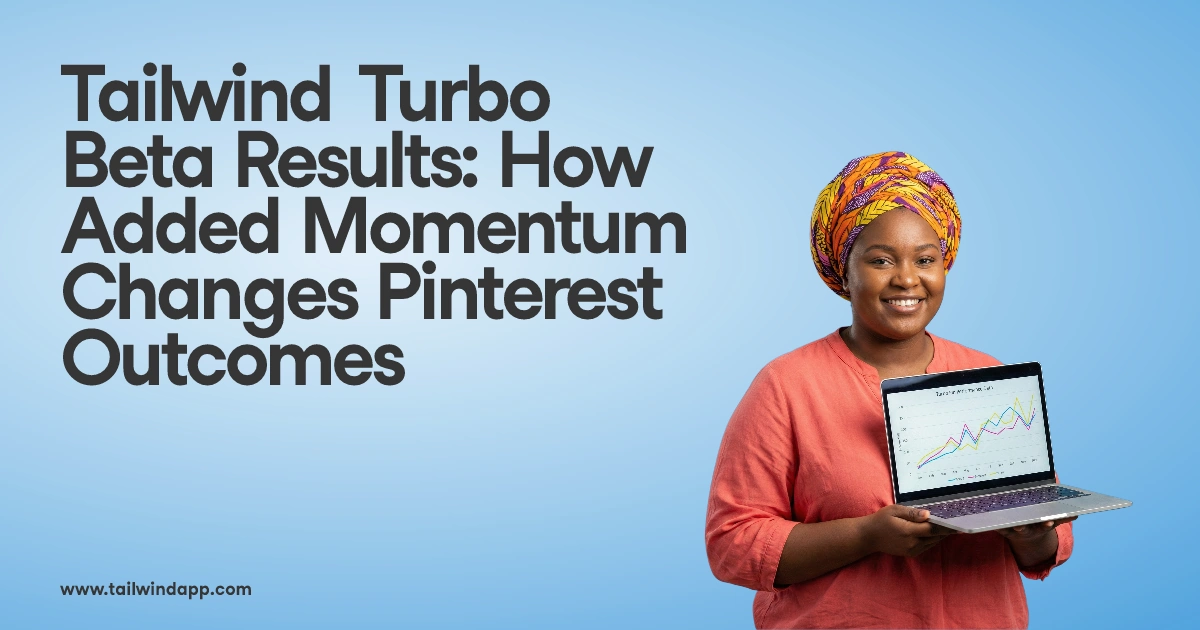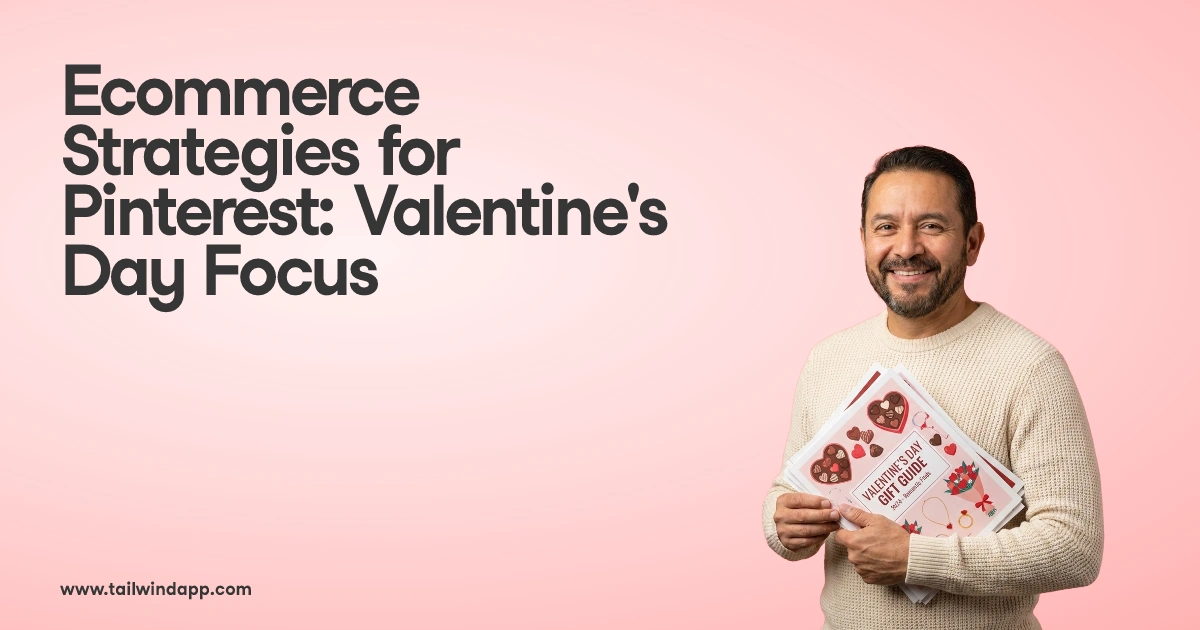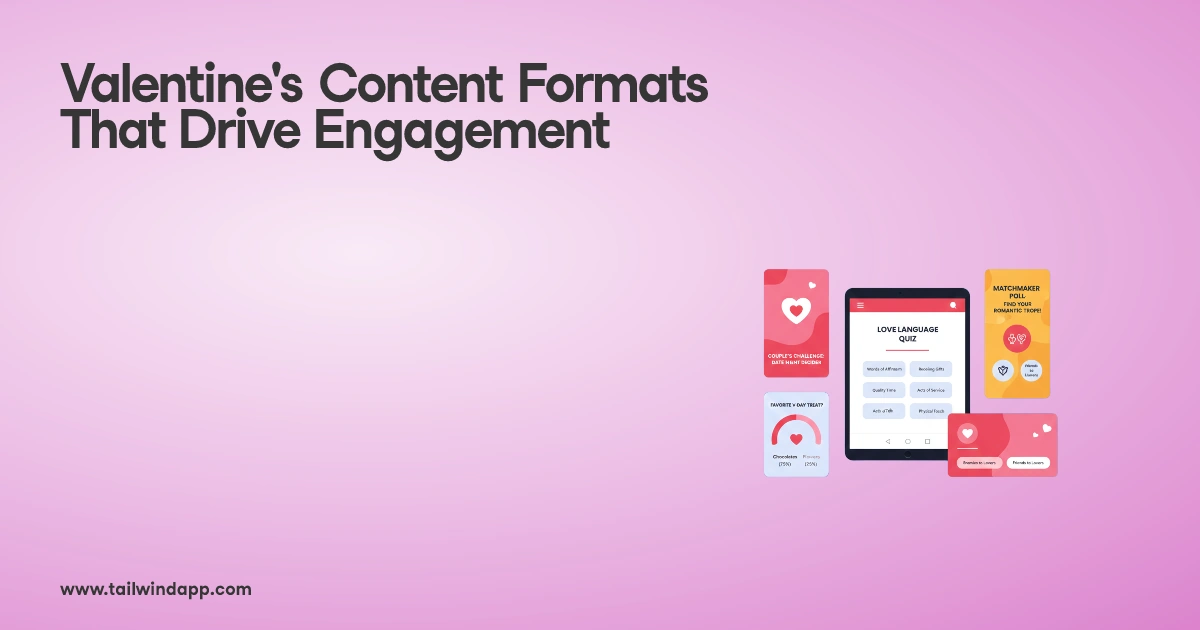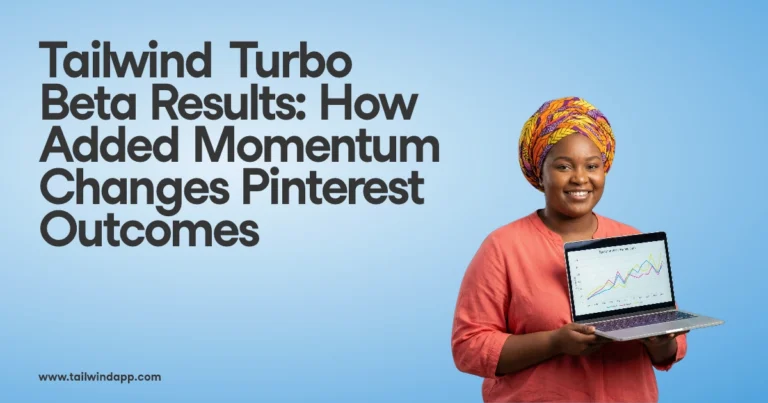Do you want to increase your blog’s social media traffic? Would you like to learn how to drive traffic to your long form content with Pinterest?

More and more people are creating long form content. The average length of a blog post grew by 19% to 1054 words in 2016.

This average length goes up every year. This is because several reports have shown that long form content attracts more traffic as it ranks better on search engines and gets more shares.
But you won’t automatically begin attracting more traffic just because you publish long form content. To get more traffic, you need to first optimize your blog posts and then create a strategy for this specific purpose. This will ensure that all the hours invested in writing your long form content won’t go to waste.
In this post I am going to show you how to do this with Pinterest as it can be a good source of traffic for publishers.
Here are all the ways you can drive traffic to your long form content with Pinterest…
#1 Add a lot of images:
The requisite for driving traffic with Pinterest is to add at least one image to your blog post. People can only pin images from a page if there is an image that is at least 100 X 200 pixels in size. But if you want better results I recommend that you add several Pinnable images to each and every page on your blog.
This will make your post interactive and drive up engagement as people will have an array of images to pin when they click the Pin It button. They can pin their favorite or whichever they think their audience will respond best to.
Consider making different types of images to be Pinned. If your post has lots of quotable moments then turn those into quote images for the popular Quotes category on Pinterest. If your post includes data, consider an infographic (which are also popular on Pinterest).
Adding several images will also help you drive more traffic from other social networks like Facebook and Twitter as a report from Buzzsumo found that posts with an image every 75 to 100 words got the most shares on these two social networks.

Neil Patel is someone who understands the importance of adding several images to his blog posts. If you check out his personal blog, you will notice that he regularly publishes posts that are several thousand words long. To ensure that he gets more shares he accompanies them with many images.
For example take a look at the post Social Media Marketing Made Simple: A Step-by-Step Guide. It has over 25 images.

When I click the Pin It button I have a wide range of images to choose and pin.
I can pin the one that my audience is most likely to engage with. This will drive back more traffic to Neil Patel’s site.
Another good example of a well optimized post for Pinterest is this one titled Sell on Pinterest. It is not as long as the aforementioned article, but it is still quite long and has a good number of images at regular intervals.

The images beautify the post and make it more pinnable. (Check out Tailwind’s post: How to create beautiful Pinterest Pins)
The images you add can range from screenshots to infographics to photos.
You can also optimize the posts by adding an extra original image like they do here on the Tailwind blog. For example on the post 6 Ways to Get More Repins on Pinterest, if you scroll all the way to the bottom you will find a tall image with the title of the post added to it as overlay text.

These type of tall images that are around 600 X 900 pixels get repinned a lot on Pinterest. So it would be a nice idea to add them to your blog post. If you add the title of the post too like Tailwind did, it can increase traffic as it will generate curiosity, especially if it is a well written headline.

The same post also has another flat, landscape image at the top. These images don’t perform well on Pinterest, but do well on Facebook. Hence, it would be a good idea to create them while you create your Pinterest image.
#2 Add Pin It and image Pin It buttons:
If you want to remind people that they can share the images on your blog posts, you can easily do so by adding both regular Pin It and image Pin It buttons.
Pin It buttons will increase some amount of shares, but the image Pin It buttons work better as they appear only when someone hovers over an image. This sudden appearance reminds them that they can pin the image they are closely observing.
You can also set your normal Pin It buttons to pin a specific image when they click it.
To ensure you pick the right image, the best option is to set the Pin It buttons to let people choose their image at first as in the aforementioned sites. But after you see a trend on what images are picked most often and which ones drive the most traffic, you can get the pin it button to automatically select that image each and every time.

Some people like to place the button below each image instead of getting it to appear on an image like in the above screenshot from the Trend Crafts blog.
#3 Have a well planned post promotion strategy:
Once you add your images and your Pin It buttons, your long form content will be Pinterest optimized and you can begin driving traffic to it. To get best results have a proper strategy to drive the most traffic.
This strategy should include…
Sharing the right images at the right time:
Your audience will have an affinity to a specific image type that will get the most repins and clicks. Usually the portrait shaped images perform best, but you shouldn’t leave anything to general data. Hence, use your Pinterest analytics to see which images are driving the highest engagement and clicks. If you want to dive deeper into data than what’s available with Pinterest Analytics then Tailwind Analytics have you covered with in-depth analytics from the profile down to the individual Pin – including the ability to see individual repin counts.
Use this data to create and share the images that will get you results. Also schedule them to go out at the best times.

Tailwind’s Smart Schedule will help you find the best times and automatically post to those times for you. It also takes the hassle out of pinning by allowing you to Pin a week of content in about 15 minutes!
Tailwind members maintain an average volume of Pins posted of 28 per day! Here’s how (and why) they do it.
Share to the best boards:
For maximum traffic, you need to share your pins several times. Repeating this on the same board, will not look good, therefore, you should pin it onto several boards. These should include both your own boards and group boards. After you publish a new blog post, make a list of all the popular boards these posts will do well on (Tailwind’s board lists feature rocks for this). Then begin scheduling your pins to go out at regular intervals. You don’t want them to go out at the same time on all the boards (Again, Tailwind to the rescue with Interval Pinning).
Reach out to influencers:
You can ensure that your long form content gets pinned to even more boards by reaching out to influencers with popular Pinterest boards and asking them to pin it.
Convert visitors to Pinterest followers:
When you publish a piece of long form content, your primary goal is usually to get more customers or leads. But it is important to also have some secondary goals like converting Pinterest followers as more followers will help you drive more traffic to your post in the future. So make sure you optimize your website by adding Pinterest follow buttons in prominent places. Pinterest traffic will be highly likely to convert to Pinterest followers as users are already logged in to the social network.
Summary:
To sum up, you can drive more Pinterest traffic to your long form content by doing two main things. One of them is to prepare the site by optimizing it with images and Pin It buttons. The other is to create a strategy where you employ techniques to drive more traffic and convert it.







